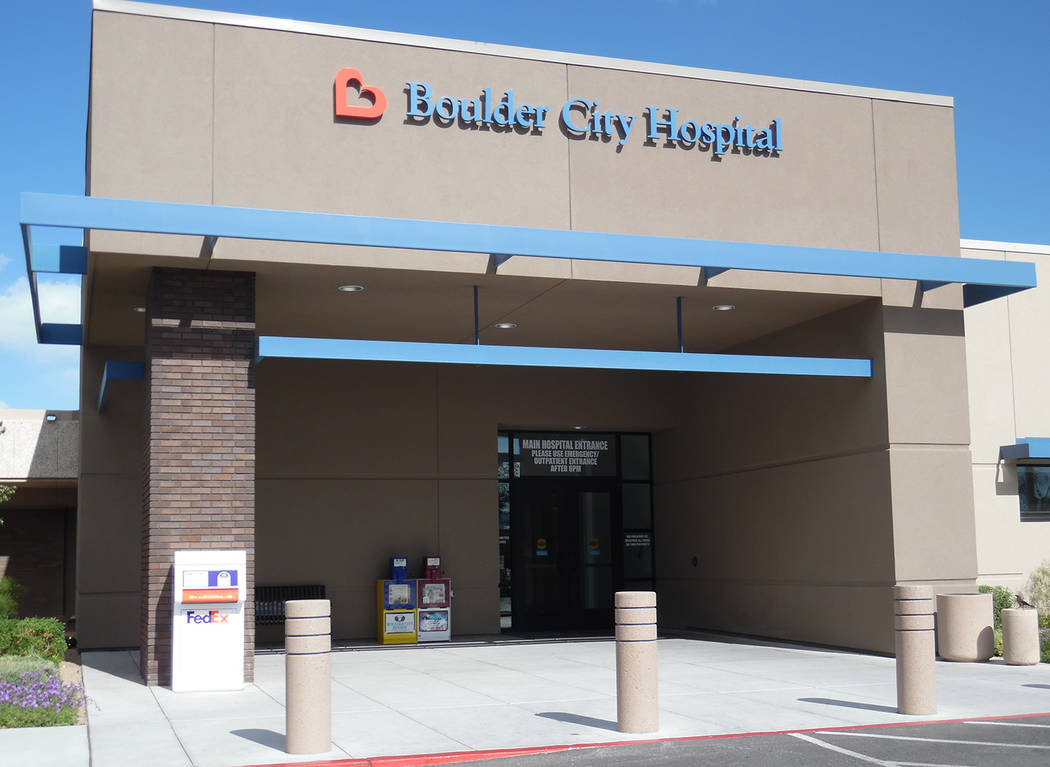Vaccinations safe way to protect health
Vaccinations are not just for children. In fact, you need vaccines throughout your adult life to protect yourself and others from diseases that can be very serious.
According to the Centers for Disease Control and Prevention, thousands of adults in the United States get sick each year from diseases that could be prevented by vaccines. These diseases can lead to hospitalizations and even death.
Protection from some vaccines can decrease over time, so even though you received vaccines as a child, you may need additional vaccination. You may also need additional vaccines depending on your age, health conditions, and other factors, such as your job or where you travel. Your health care professional can tell you which vaccines are recommended for you.
A vaccine is a product that stimulates a person’s immune system to produce immunity to a specific disease, protecting the person from that disease. Vaccines are usually administered through needle injections, but can also be administered by mouth or sprayed into the nose.
Per the CDC, the following vaccines are recommended for all adults:
■ Influenza vaccine every year during flu season to protect against seasonal flu. This recommendation includes pregnant women during any trimester.
■ Td/Tdap vaccine to protect against tetanus, diphtheria, and pertussis (whooping cough). The Tdap vaccine is recommended one time, no matter when you got your last tetanus vaccine.
Pregnant women also need Tdap vaccine during every pregnancy. Td vaccine booster is recommended every 10 years.
Other vaccines, such as MMR (measles, mumps, rubella) and chicken pox (varicella), may be recommended as a catch up if you didn’t receive them as a child.
The human papillomavirus vaccine is recommended for females age 26 or younger; males age 21 or younger; and males age 26 or younger who have weakened immune systems or HIV, or have sex with men. This vaccine helps prevent HPV, a disease that can lead to complications such as cervical cancer in women, anal cancer, and genital warts in women and men. It is recommended that adults 60 or older get one dose of the shingles (zoster) vaccine. Shingles can lead to complications such as severe pain that can last for months or years, pneumonia, loss of eyesight and hearing, or even death.
CDC recommends pneumococcal vaccination for all babies and children younger than 2 years old and all adults 65 years or older. In certain situations, other children and adults should also get pneumococcal vaccines. This vaccination helps prevent pneumococcal disease.
The major types of pneumococcal disease are pneumonia (lung infection), bacteremia (blood infection), and meningitis (infection of the covering of the brain and spinal cord). Less severe illnesses include ear and sinus infections.
The safety of vaccines is a concern that many individuals have. Vaccines are tested and monitored. Vaccines go through years of testing before the Food and Drug Administration licenses them for use. Both the CDC and FDA continue to track the safety of all licensed vaccines.
Vaccine side effects are usually mild and go away in a few days. The most common side effects include soreness, redness or swelling where the shot was given. Severe side effects are very rare.
Vaccines are one of the safest ways to protect your health. Talk with your doctor about the vaccines you should safely receive based on your health or other conditions.
It is important to remember that vaccines lower the chances of getting certain diseases as well as suffering complications from these diseases. Vaccines also lower the chance of spreading certain diseases. Many health care providers provide vaccines, including doctors’ offices, pharmacies and hospitals. The costs of recommended vaccines are covered by most health insurance plans.
Visit www.cdc.gov/vaccines for further information and resources.
To Your Health is provided by the staff of Boulder City Hospital. For more information, call 702-293-4111, ext. 576, or visit bouldercityhospital.org.















